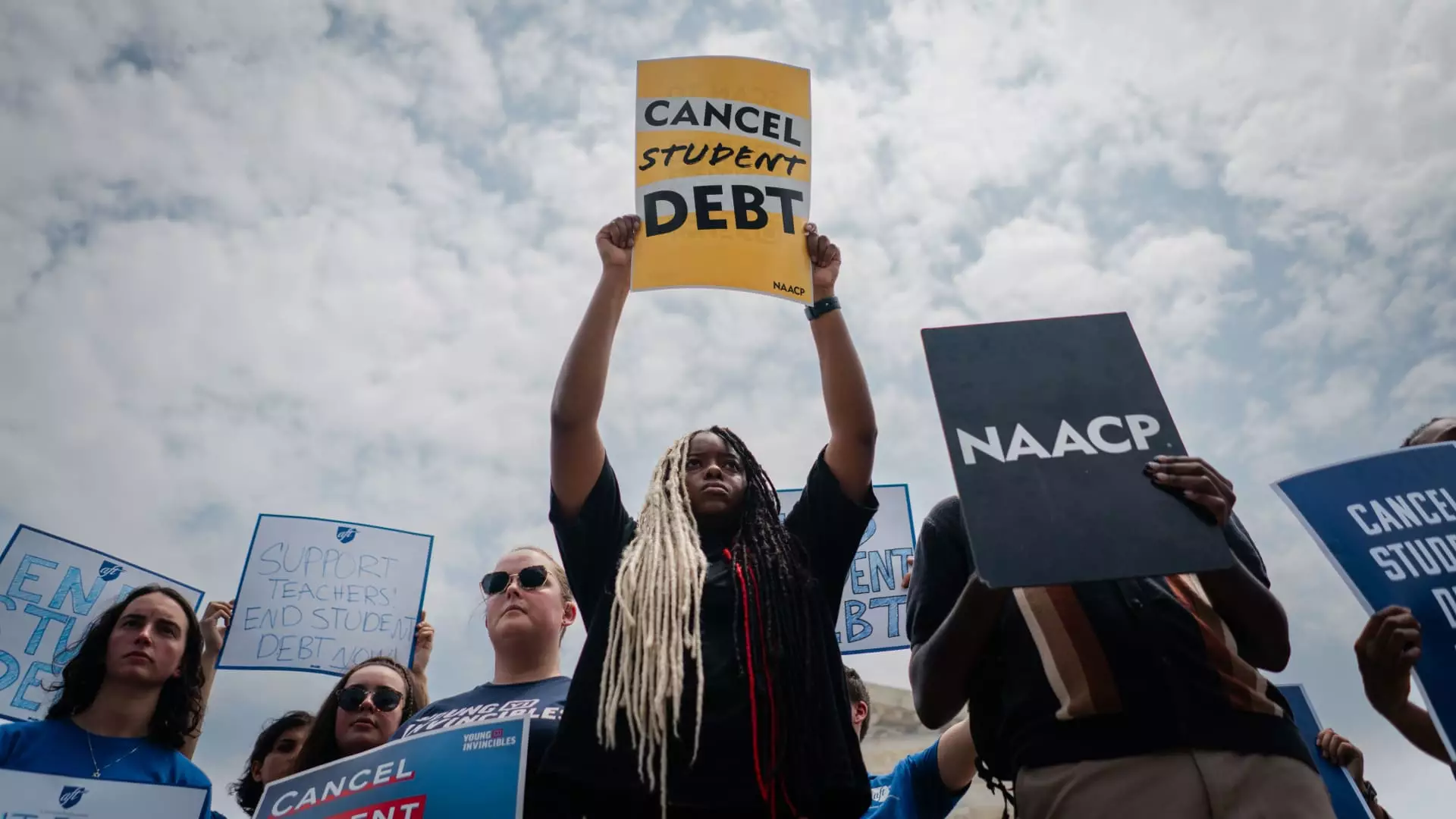The issue of student loan forgiveness has become increasingly contentious in recent years. The Biden administration’s proposal to cancel student debt has sparked heated debates across the country. Individuals like Arkansas Attorney General Tim Griffin, who took over 30 years to pay off his $100,000 student loan balance, question the fairness of debt cancellation. On the other hand, stories like that of Marlon Fox, a chiropractor in South Carolina who had his $119,500 student debt forgiven, reveal the impact of such policies on individuals. The topic of student loan forgiveness invokes discussions surrounding fairness, personal responsibility, and economic implications.
One of the main arguments against student loan forgiveness is the question of fairness and personal responsibility. Critics argue that forgiving student debt places an unfair burden on taxpayers, especially those who have already paid off their loans or never attended college. Arkansas Attorney General Tim Griffin raised concerns about the use of taxpayer money to cover the personal debts of others. The issue of fairness becomes more complex when considering the ethical obligations associated with debt repayment in society.
Looking back at the historical roots of debt in human societies, there is a long-standing tradition of debt repayment as a mechanism for building communities. Kate Padgett Walsh, a professor of philosophy, highlights the interconnectedness between individuals, families, and communities in the context of debt. She argues that the pressure to repay debts is often influenced by external entities such as lenders and businesses, which profit from promoting the narrative of personal responsibility in debt repayment. The ethical dimensions of debt forgiveness touch upon societal values and individual obligations within a community.
The issue of student loan forgiveness is deeply intertwined with partisan politics and societal perceptions of higher education. Devin Singh, a professor of religion, points out the partisan differences in attitudes towards student debt. Democrats, statistically more likely to hold college degrees, may view education as a public good that benefits society as a whole. In contrast, Republicans may perceive education as a private commodity, leading to varying opinions on debt forgiveness. The partisan divide reflects broader societal attitudes towards education, debt, and personal responsibility.
Despite the growing support for student loan forgiveness, misconceptions about fairness and debt repayment persist. Charlie Eaton, a sociology professor, highlights the generational gap in understanding the challenges faced by student loan borrowers. Many older Americans did not have to borrow for college, leading to a lack of empathy towards current borrowers. Additionally, misconceptions about borrowers’ repayment efforts and the impact of accumulating interest on debts contribute to the complexity of the student debt crisis. Stories like that of Marlon Fox underscore the long-term financial implications of student loans and the need for comprehensive solutions.
The debate surrounding student loan forgiveness is multifaceted, touching upon issues of fairness, responsibility, ethics, and politics. While some argue for the economic benefits of debt cancellation, others raise concerns about taxpayer money and personal obligations. Understanding the historical, ethical, and societal dimensions of student debt is crucial in shaping policies that address the complexities of the current system. As the dialogue continues, it is essential to consider the diverse perspectives and experiences of those impacted by student loans.

